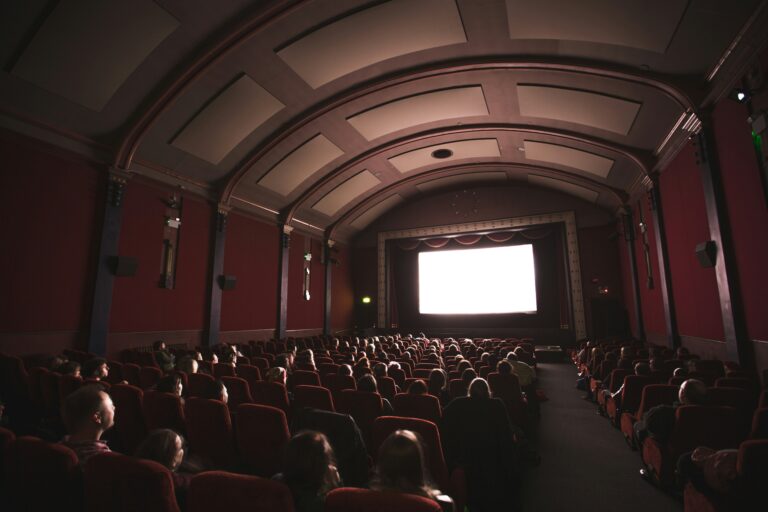Disney+ is back with another music doc: The Beach Boys (2024), not so long after their in-depth BTS look at The Beatles in Get Back (2021). Hey, if a formula works, stick with it.
The documentary follows many of the beats you would think it would. A little band of hopefuls becomes a big hit and has a decade-long string of chart-topping success, only to find themselves in an identity crisis as one decade (the 60s) becomes another (the 70s). As times change, people do, too. And pretty soon all the sunny escapism The Beach Boys had to offer suddenly stopped resonating. That’s not to mention some experimentation went on (not unlike much of The Beatles) at the same time that just didn’t stick its landing.
What went wrong? How does an unstoppable wave of hits suddenly come to a crushing halt and leave only a legacy of what was? The answer of course could never be just one thing. But if forced to stuff it all into a single bucket, that bucket might read: “Unaware.” As they fought being pigeon-holed as a one-trick-pony beach band, they (along with their current and potential audiences) no longer understood what their vision was or would be going forward.
But what can we learn from America’s Band to stay a thriving brand?
“It was funny. That image we tried to get away from is what saved us.”
– Al Jardine, Guitarist
You can’t change a perception you don’t understand.
While The Beach Boys likely understood their perception (probably all too well), what they didn’t realize was the equity of that perception. You suddenly had a war of ambitions: do we evolve our sound so as to not be pigeon-holed, or do we own our perception and build on its equity? Let’s move to the brand side of things. Brand perceptions aren’t always everything we want them to be. But to successfully change them, we have to understand them thoroughly. And their equity isn’t only defined by the number of screaming girls that follow them They are best defined by a handful of key data points that include consumer opinions (captured by way of surveys or reviews) and market position research (there are quite a few entities that can help identify exactly where you sit in the competitive landscape) as just a couple examples. Once you have these data points in hand, only then can you start to understand where you’re leaping from to get where you want to be.
90% familiar, 10% new. Not the other way around.
As The Beach Boys themselves regale viewers with the humble beginnings of their legacy, we learn how inspired they were by The Four Freshmen. They wisely learned some of their tunes and played them by ear – deconstructing the musical layers to understand how they were arranged. Shortly after studying these arrangements meticulously, they went on to form their own arrangements with their own summer-sun spins on them. The beauty of this? Leveraging existing memory structures and attaching your own enables immediate connection and then a longer-lasting more distinct connection with your brand – err – song. Think the tie is clear there.
Competition should inspire your next move, not drive it.
While The Beach Boys were topping the charts, in came the beginnings of the British Invasion with those brilliant Brits who wouldn’t be caught dead holding a beach ball. The Beatles. And Brian Wilson’s competitive side only slipped into high gear as they began exploring music in similar ways to grow out of their beach persona and into a more sophisticated, experimental genre. It didn’t quite work out for them. We as marketers must be equally diligent as we look to our competitors. That is, competition is just another data point and only that. If we understand the brand via the consumer’s eyes, if we understand where we are positioned in our industry and are able to reverse-engineer the strategies of our competitors, we’ve got a whole lot of strong data points to help us understand our best next move. But simply trying to “do what they do but better” is unfortunately not a winning strategy.
And unless you’re a cultural icon with a strong falsetto, I suggest you avoid letting your ego get the best of you and stick to the winning strategies.


